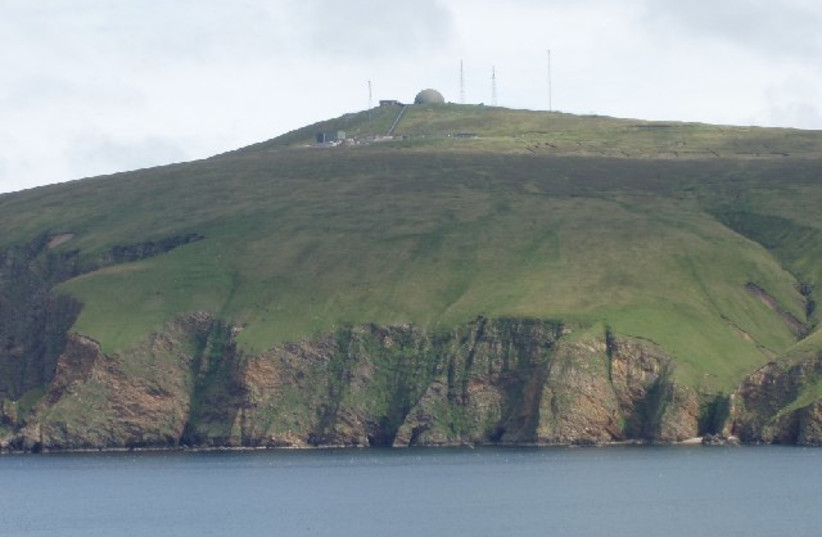An ancient cemetery dating back thousands of year was discovered at the SaxaVord complex in the Shetland Islands, where the UK's first vertical rocket launch is planned to take place later this year, according to a Friday report by Sky News.
During groundworks at the site, remnants of the cemetery were uncovered, shedding light on the region's enigmatic Bronze Age past.
The archaeological findings include pits, large boulders, and burnt bones, all pointing toward the existence of a ritual cremation cemetery.
Additionally, the presence of white quartz, often associated with burial tombs and rock artwork, has further substantiated the hypothesis of its ceremonial nature. Experts estimate that the cemetery dates back to the early Bronze Age, approximately from 2200 to 1800 BCE.
Dr. Val Turner, Shetland's regional archaeologist, expressed her enthusiasm about the discovery, calling it "hugely exciting."

Shetland's Bronze Age history is relatively obscure
She emphasized that the Bronze Age remains a relatively obscure period in Shetland's history, and this newfound cemetery offers a golden opportunity to expand our understanding of this ancient era.
The SaxaVord complex, situated on the Lamba Ness peninsula in Unst, has high hopes for hosting multiple rocket launches this year. However, the spaceport is awaiting its license from the Civil Aviation Authority, a critical step before operations can commence.
